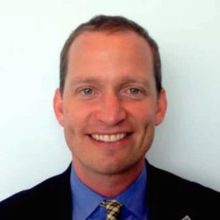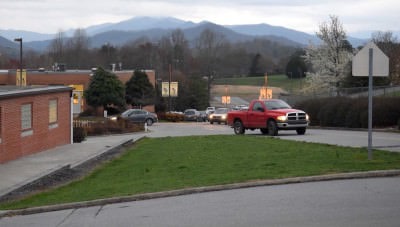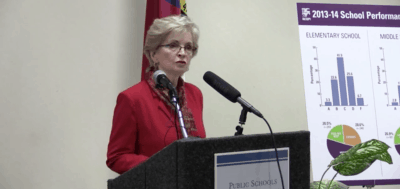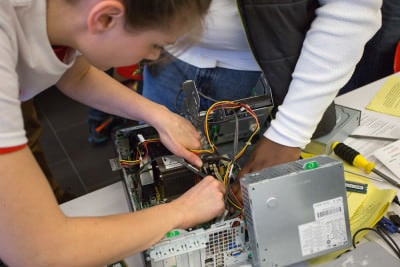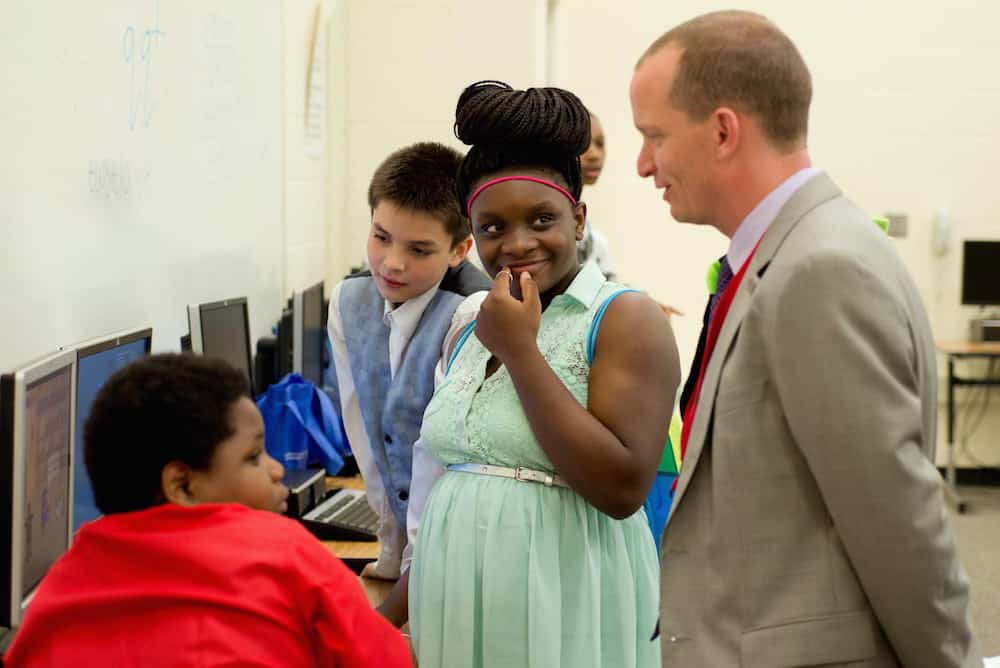

As I read the piece, The Numbers Add Up To This: Less and Less Opportunity for Poor Kids by Marilyn Geewax, I found myself nodding my head in vigorous agreement. I then reminded myself that this conversation is not new. What confounds me is how many new glossy studies and books need to be published before change happens.
Throughout the country, students in school districts are not given access to academic support, mentorship programs, and other enrichment activities that are offered by programs that extend the length of the school day. These valuable programs are not yet treasured across our educational establishment.
Research shows that by age 12, a child from an affluent family will have received 6,000 more hours of enrichment activities including academic tutoring, library visits, and music lessons, than a child from a less affluent family. That gap has more than doubled over the past 40 years. We are systematically denying students from low-income families 6,000 hours of engaging learning opportunities in the middle school grades. These are the years of their most formative cognitive and non-cognitive development.
This opportunity gap creates an equally pernicious achievement gap.
This opportunity gap creates an equally pernicious achievement gap: Over 80 percent of African American and Latino 4th graders are not proficient in reading and math, only 60 percent of students from these minority groups are graduating from high school on time. Every 26 seconds a student drops out of school in our country. And this opportunity gap has only doubled in the last generation.
Closing the educational gaps is a solvable problem. But it requires an “all hands on deck” mentality. Public schools are increasingly accountable and leaders are faced with making difficult decisions around their available resources. This is causing inequality of out-of-school time to grow, but educational reforms are identifying practices that have data-driven and dramatic impact.
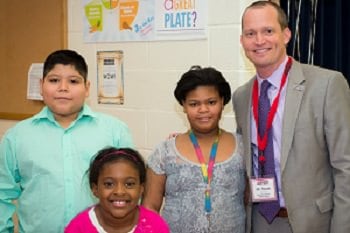

At the national nonprofit organization Citizen Schools, we have developed an innovative “Expanded Learning Time” school model that connects underserved middle school students with resources from their own communities, providing additional time and resources for more academic instruction and practice, more relationships with caring and successful adults, and more opportunities to participate in hands-on projects that help make connections between academics and future college and career success. Each Citizen Schools program mobilizes a team of adults – AmeriCorps members, aspiring educators, and professionals from the community (a.k.a Citizen Teachers) – to enhance learning alongside a school’s faculty.
A three-year longitudinal data analysis conducted with Charlotte-Mecklenburg Schools shows that students enrolled in Citizen Schools outperform their like peers in areas ranging from attendance to grades and ultimately standardized tests.
This innovative approach to school turnaround works. A three-year longitudinal data analysis conducted with Charlotte-Mecklenburg Schools (CMS) shows that students enrolled in Citizen Schools outperform their like peers in areas ranging from attendance to grades and ultimately standardized tests. We do not do this work alone. Our collaboration with our public school partners is integral to our success, and we are putting our students on a pathway to life success which to date has been exemplified by Citizen Schools students enrolling in college at 10 percent higher than their peers.
This year, Citizen Schools celebrates its 20th anniversary and is in partnership with schools across the country to collectively serve over 5,000 middle school students in seven states, including 295 students in CMS schools and another 234 in Durham Public Schools. With our school partners, AmeriCorps teaching team, and volunteer mentors from many local and national corporations, we are meeting the Opportunity Gap head on.
Our goal is that a school day, like what Citizen Schools provides, becomes the new normal in education.
We have found that a longer school day is the key to providing underserved students with the experiences, enrichment, relationships, and social capital they need and deserve to explore their interests and achieve their dreams – the American Dream. Our goal is that a school day, like what Citizen Schools provides, becomes the new normal in education. It is critical to ensuring equity and excellence in urban education in the 21st century in North Carolina and nationally.
Many of us have been fortunate to have mentors as we grew up and developed our interests. In 2013-14, over 4,000 professionals volunteered their time to teach hands-on apprenticeship classes, with over half of the projects focused on science, technology, engineering, and math (STEM) topics. The apprenticeships reinforce lessons taught during the school day and engage families more deeply with the school through regular contact with each student’s parents or guardians, a key tenant of our program.
As we move toward the back stretch of another school year, we hope that others will join with us to ensure that all students in all school districts have the same access to educational, mentorship, and enrichment opportunities.
